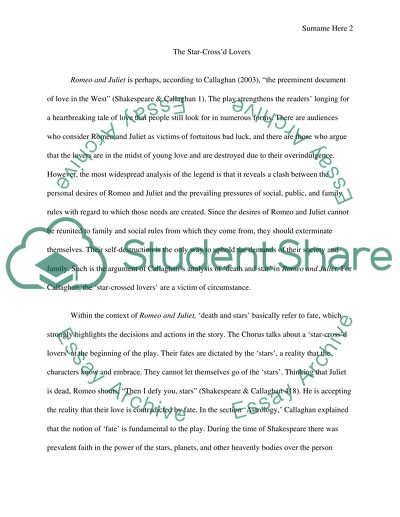Cite this document
(“Death and Stars in Romeo and Juliet Book Report/Review”, n.d.)
Death and Stars in Romeo and Juliet Book Report/Review. Retrieved from https://studentshare.org/literature/1665366-essay-on-shakespeares-romeo-and-juliet
Death and Stars in Romeo and Juliet Book Report/Review. Retrieved from https://studentshare.org/literature/1665366-essay-on-shakespeares-romeo-and-juliet
(Death and Stars in Romeo and Juliet Book Report/Review)
Death and Stars in Romeo and Juliet Book Report/Review. https://studentshare.org/literature/1665366-essay-on-shakespeares-romeo-and-juliet.
Death and Stars in Romeo and Juliet Book Report/Review. https://studentshare.org/literature/1665366-essay-on-shakespeares-romeo-and-juliet.
“Death and Stars in Romeo and Juliet Book Report/Review”, n.d. https://studentshare.org/literature/1665366-essay-on-shakespeares-romeo-and-juliet.


